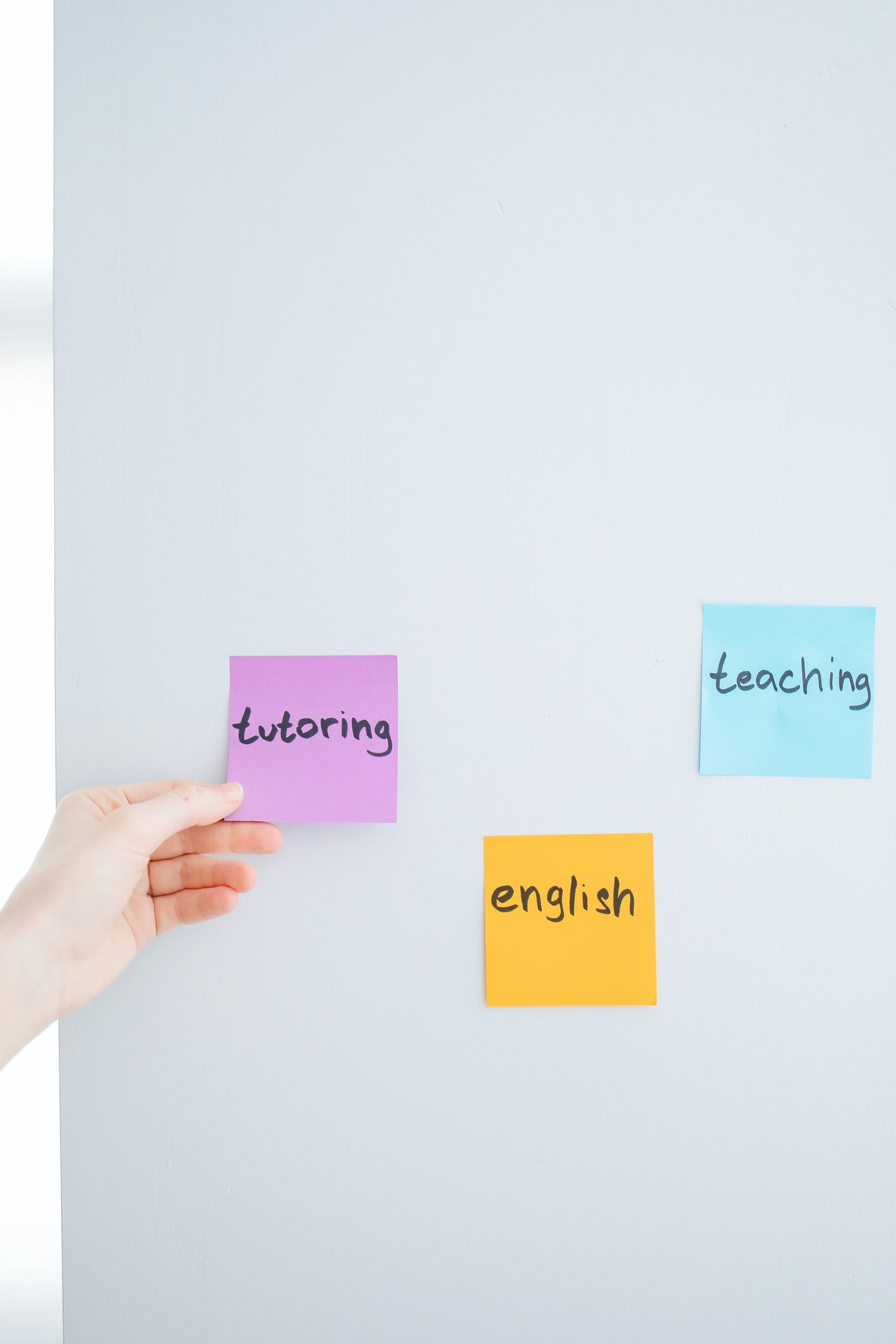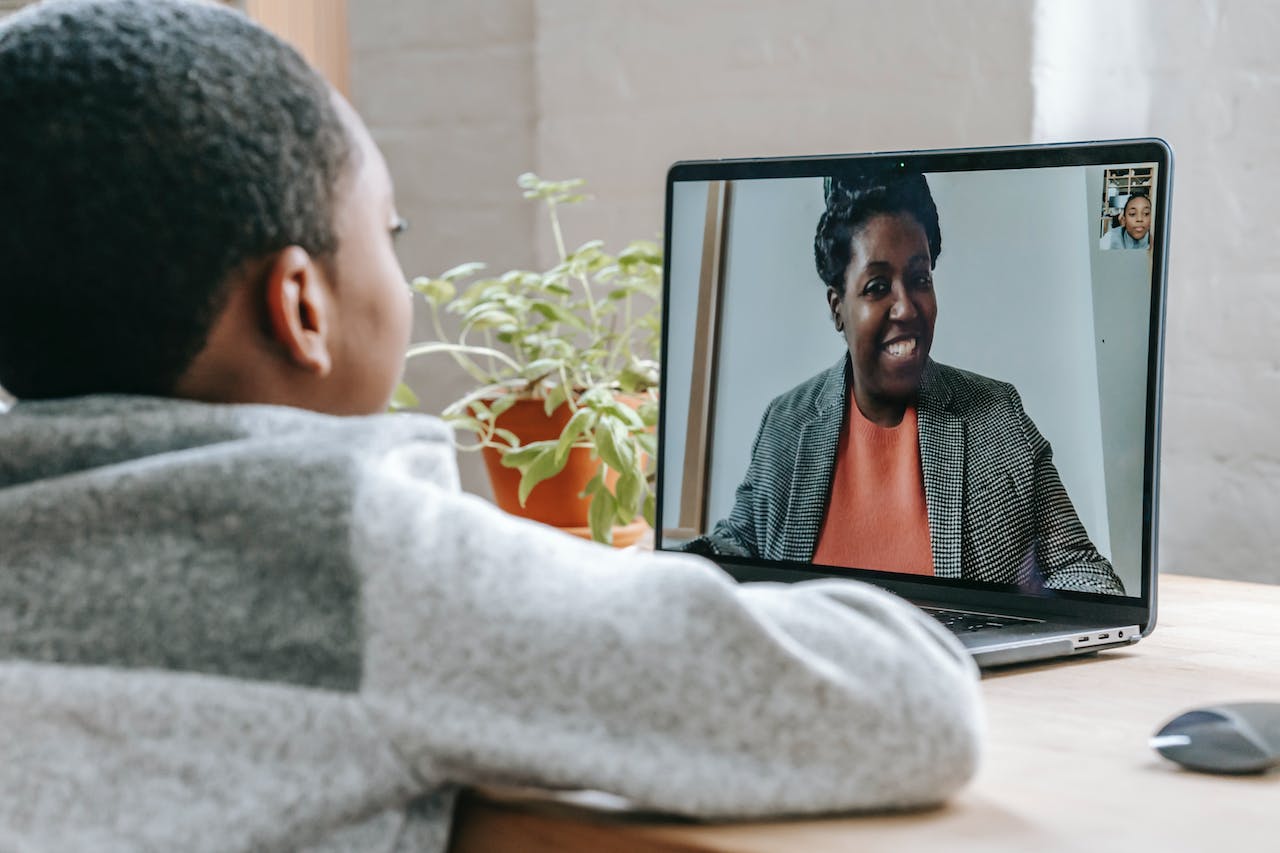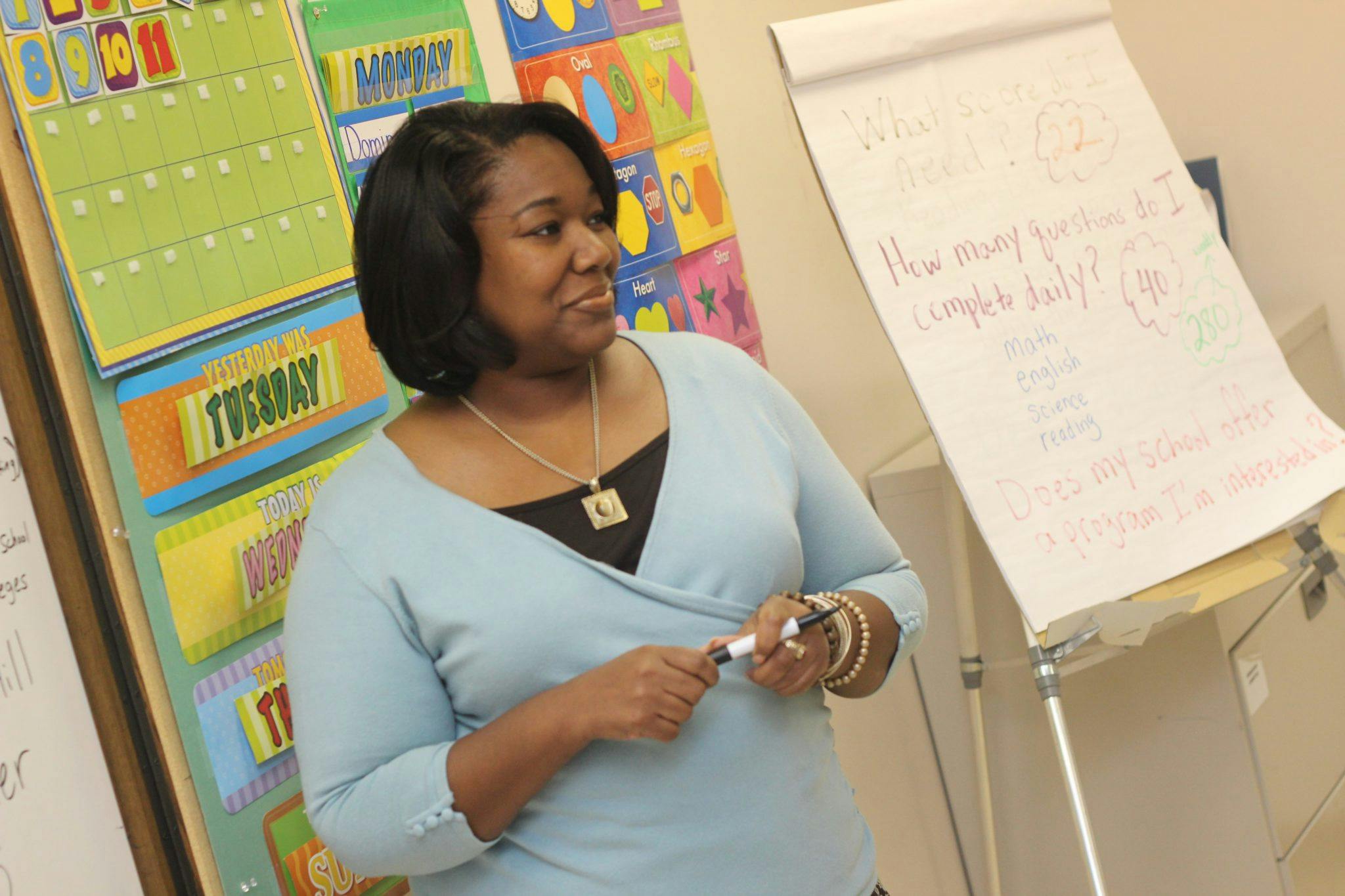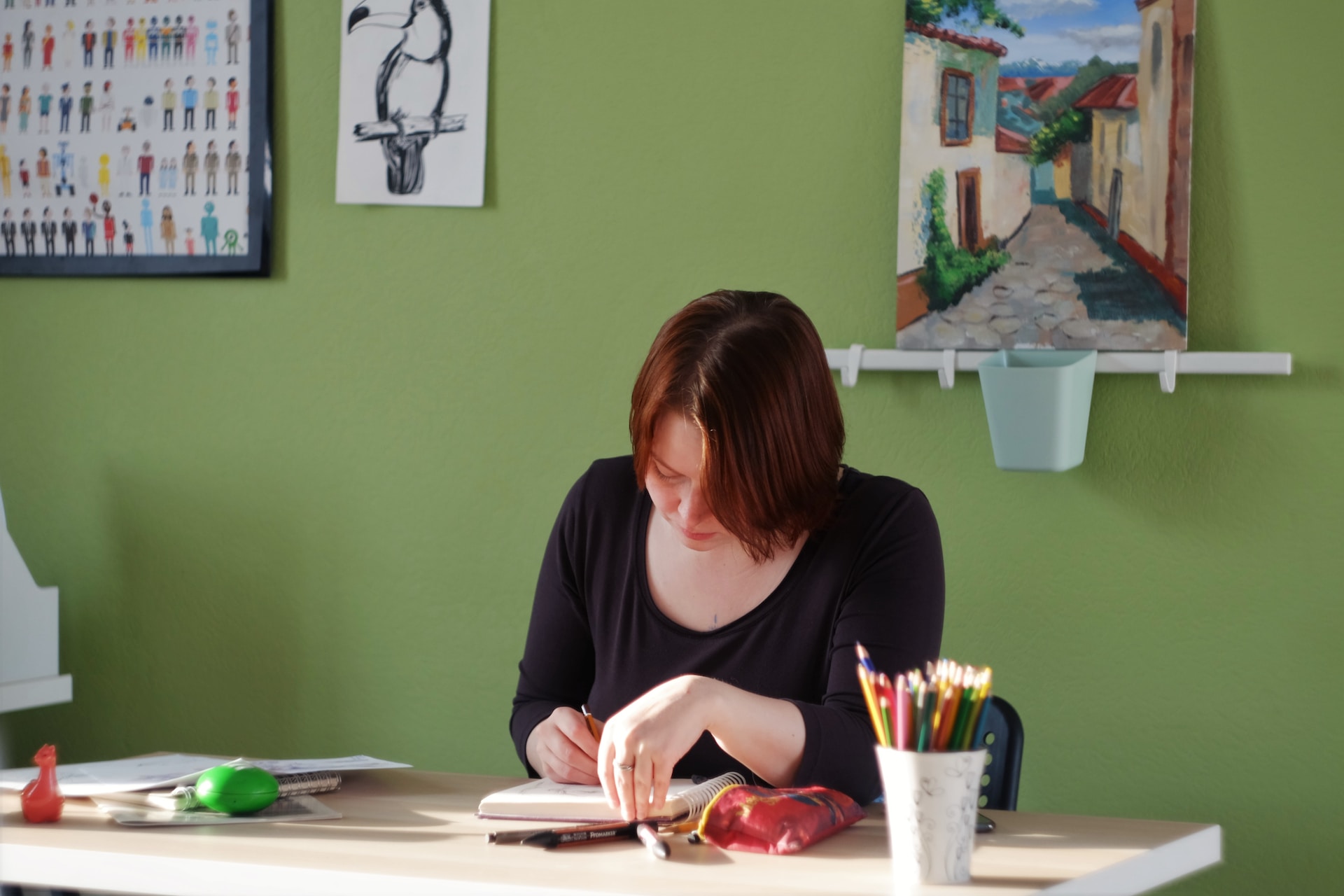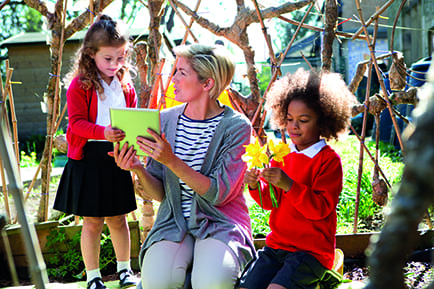The Education World of Work
As a Teacher you need to have a deep understanding of your subject or subjects, as well as the skills to deliver that knowledge to your pupils at a level appropriate to their age and ability.
However, education jobs are not only about passing on your subject knowledge, they are also about giving young people the tools and skills needed to prepare them for their own futures. As you progress in your teaching career you will continue to develop a wide spectrum of other skills necessary to stay in touch with the children you are teaching, from technology to wellbeing to Special Educational Needs and Disabilities (SEND).
As a Teacher you need to be able to analyse your own teaching practice to continually update and improve on your approach, as well as updating your skills and knowledge. Learning for teachers is a continuous process, just as it is for pupils.



